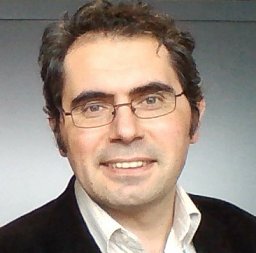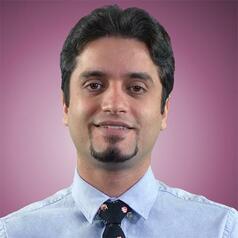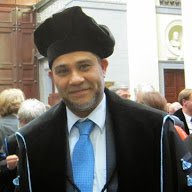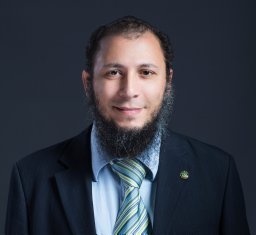Early Life and Education
Parsa Ghannadi was born in Tabriz, Iran, in July 1995 and grew up in Ahar, a small city northwest of the country. From a young age, he was keenly interested in mathematics and algorithms, research, programming, web development, computer-aided design, and calculation. He preferred the Mathematics & Physics major in high school and graduated in 2013. Parsa pursued his undergraduate studies at Islamic Azad University, Ahar Branch, earning a Bachelor of Science degree in civil engineering in 2016 within only six semesters and achieving an excellent GPA. Subsequently, he continued his education in structural engineering at the same university and received a Master of Science degree with outstanding academic accomplishment in 2019. In 2019 and 2021, Parsa was granted the Top Graduate of the Foundation award from Iran’s National Elites Foundation.
Contributions and Research
Parsa’s contributions to Structural Health Monitoring and Damage Detection of structures are vast and varied. He has authored 15 peer-reviewed articles, with an H-index of 12, reflecting the high impact of his work. His papers have garnered over 570 citations, demonstrating the significant influence of his research in the scientific community. Parsa is a peer reviewer for high-impact factor journals and has assessed over 160 manuscripts for over 35 journals, all verified in the Web of Science database. Additionally, scientific journals have repeatedly selected him as a handling editor. Parsa is an editorial board member of Frattura Ed Integrit`a Strutturale (IF=1.2), Structural Integrity and Life (IF=0.9), International Journal of Computational Methods and Experimental Measurements (CiteScore=1.1), NDT.net (largest open-access portal of nondestructive testing and publisher of e-Journal of Nondestructive Testing and The Research and Review Journal of Nondestructive Testing), Journal of Structural Engineering & Applied Mechanics, Building Engineering, Journal of Advanced Research in Computing and Applications, and International Journal of Artificial Intelligence in Engineering Fields.
In recognition of Parsa’s expertise, he is a proud member of esteemed associations, such as the British Institute of Non-Destructive Testing (BINDT), the American Society of Civil Engineers (ASCE), and the Structural Engineering Institute of ASCE. These memberships enable him to stay updated with the latest advances, contribute to the progress, and engage in professional networking.
Parsa’s commitment to international collaboration is a cornerstone of his career. He has worked extensively with researchers worldwide, including partnerships with scientists in Australia, the United Kingdom, the United States, China, Belgium, and Algeria.
Research Interests
- Structural health monitoring (SHM)
- Finite element model (FEM) updating
- Damage detection using incomplete modal data
- Investigation of FEM reduction and expansion methods
- Artificial neural networks and their applications in SHM
- Nature-inspired optimization algorithms and their applications in SHM
Skills
- Finite Element Analysis
- Programming with MATLAB
- Experimental Modal Analysis
- Dynamic Analysis of Structures
- Model Updating and Calibration
- Model Correlation and Identification
- Damage Detection, Localization, and Quantification
Languages
Geographic Citation Map
The citation map shows the global distribution of the researcher’s citations. It was last updated on January 5, 2025, based on Scopus.
My Co-authors

Seyed Sina Kourehli
Associate Professor, Azarbaijan Shahid Madani University, Iran

Andy Nguyen
Senior Lecturer, University of Southern Queensland, Australia

Erkan Oterkus
Professor, University of Strathclyde, United Kingdom

Seyedali Mirjalili
Professor, Torrens University, Australia

Mohammad Noori
Professor, California Polytechnic State University at San Luis Obispo, United States

Magd Abdel Wahab
Professor, Ghent University, Belgium

Wael A. Altabey
Associate Professor, Southeast University, Nanjing, Jiangsu, China

Samir Khatir
Research Assistant, Ho Chi Minh City Open University, Vietnam

Djilali Boutchicha
Professor, University of Sciences and Technology of Oran - Mohamed Boudiaf, Algeria

Qilin Li
Researcher and Lecturer, Curtin University, Australia